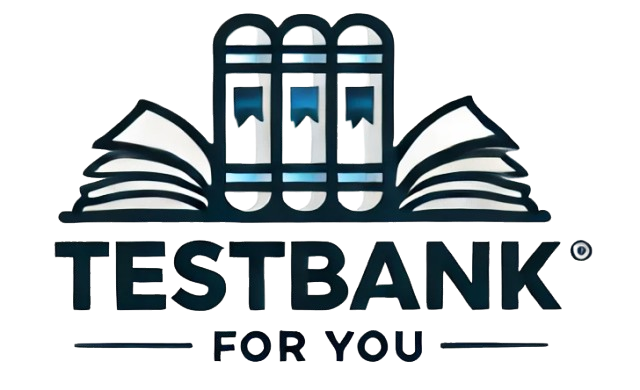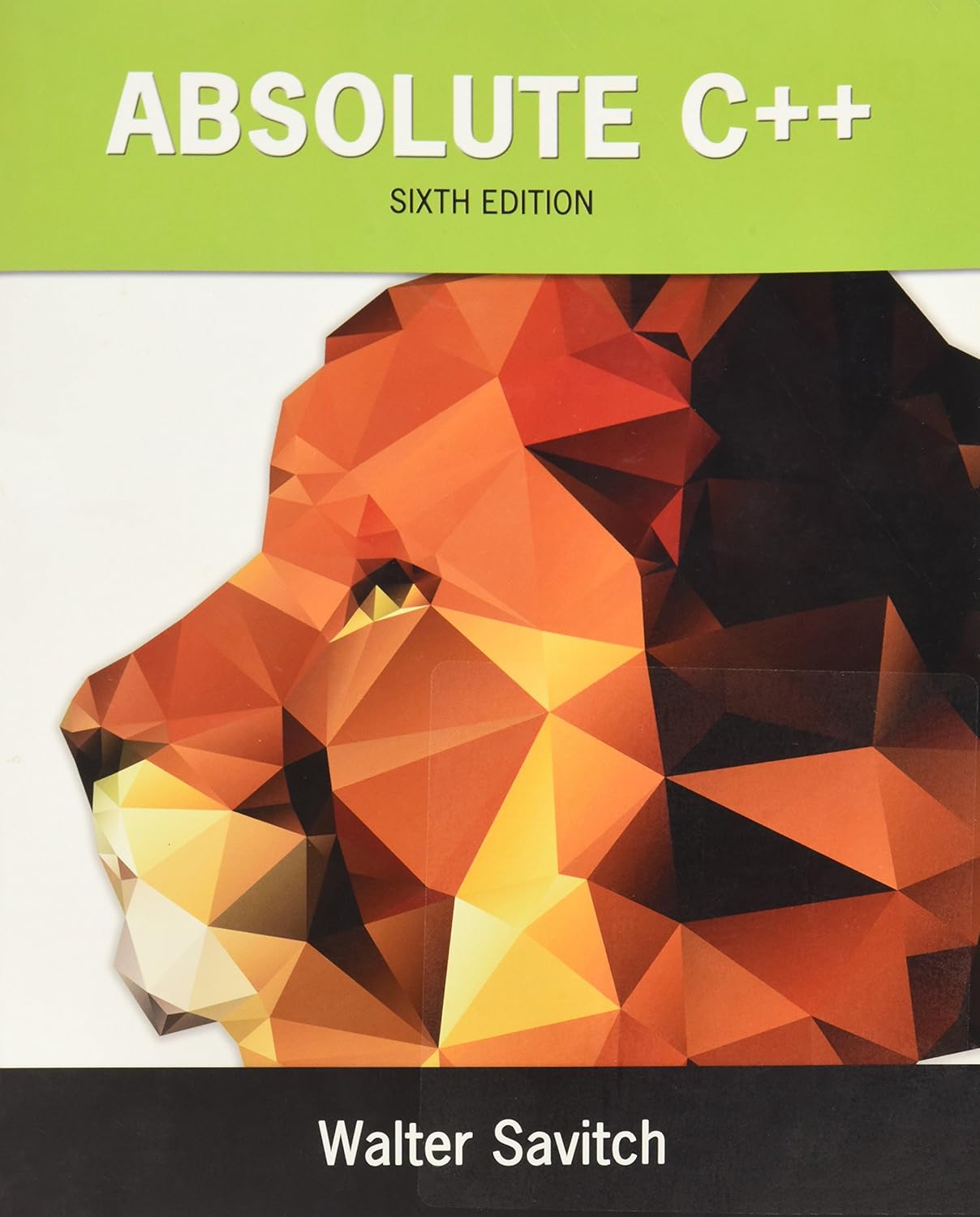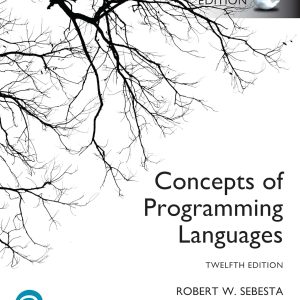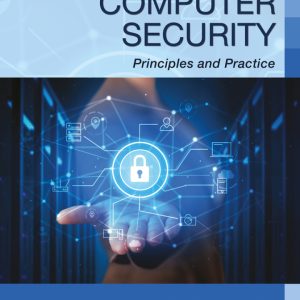Absolute C++ 6th Edition by Savitch SOLUTION MANUAL
Original price was: $60.00.$30.00Current price is: $30.00.
Solution Manual for Absolute C++, 6th Edition, Walter Savitch, Kenrick Mock, ISBN-10: 0134225392, ISBN-13: 9780134225395 To get more information about this please send us E-mail to smtb7000@gmail.com
Description
Solution Manual for Absolute C++ (6th Edition) by Walter Savitch and Kenrick Mock
ISBN-10: 0134225392 | ISBN-13: 9780134225395
If you’re looking for a detailed, step-by-step solution manual for Absolute C++ (6th Edition), you’re in the right place. This guide offers clear and accurate solutions to all end-of-chapter problems, helping students and instructors understand core C++ programming concepts. Below is a comprehensive summary of the solution manual’s content, aligned with the official textbook structure.
Chapter 1: C++ Basics
This chapter introduces fundamental C++ programming syntax and structure, including variables, data types, input/output operations, and basic operators. The solutions walk through beginner-level exercises that reinforce simple coding techniques.
Chapter 2: Flow of Control
Learn how to manage program execution using control flow statements such as if, else, switch, while, for, and do-while. The manual explains logical decision-making and repetition structures with practical problem-solving examples.
Chapter 3: Function Basics
Master the use of functions in C++. Topics include function definitions, prototypes, return types, and scope. Each solution provides insight into modular programming and code reuse.
Chapter 4: Parameters and Overloading
Understand parameter passing (by value and by reference), default arguments, and function overloading. The manual explains how these tools enhance flexibility and readability in code design.
Chapter 5: Arrays
Dive into working with single and multi-dimensional arrays, initialization, indexing, and basic algorithms such as searching and sorting. The solutions clarify array manipulation and memory considerations.
Chapter 6: Structures and Classes
Explore how to define and use structures (struct) and classes in C++. Learn object-oriented principles including encapsulation and data abstraction through hands-on problem solutions.
Chapter 7: Constructors and Additional Class Features
Detailed explanations of constructors, destructors, accessors, mutators, and static class members. This chapter builds a strong foundation for object-oriented programming in C++.
Chapter 8: Operator Overloading, Friends, and References
Understand how to overload operators for custom behavior in user-defined types. This chapter also introduces friend functions and reference variables.
Chapter 9: Strings
Master the use of C-style strings and the C++ string class. Solutions demonstrate string manipulation, input/output, and common string operations.
Chapter 10: Pointers and Dynamic Arrays
Learn pointer syntax, dynamic memory allocation using new and delete, and pointer arithmetic. Topics also include dynamic arrays and memory management best practices.
Chapter 11: Separate Compilation and Namespaces
Explore how to structure large programs using header files, separate compilation, and C++ namespaces. Solutions provide examples of modular project design.
Chapter 12: Streams and File Input/Output
This chapter covers file handling using ifstream, ofstream, and fstream. Solutions include reading from and writing to files, and handling file errors.
Chapter 13: Recursion
Understand recursive functions and how to solve problems like factorial, Fibonacci, and recursive sorting algorithms with clear explanations and code walkthroughs.
Chapter 14: Inheritance
Explore class hierarchies and inheritance in C++. Topics include protected access, constructor chaining, and base/derived class relationships.
Chapter 15: Polymorphism and Virtual Functions
Learn dynamic polymorphism using virtual functions and abstract classes. The solution manual demonstrates late binding and runtime behavior.
Chapter 16: Templates
Understand function and class templates, generic programming, and type-independent code for flexible software design.
Chapter 17: Linked Data Structures
Get in-depth with singly and doubly linked lists, stacks, and queues. The solutions include detailed node operations and pointer manipulations.
Chapter 18: Exception Handling
Master error detection and handling in C++ using try, catch, and throw. Solutions cover user-defined exception classes and robust error control.
Chapter 19: Standard Template Library (STL)
Explore C++ STL containers like vector, list, map, and set, along with algorithms and iterators. The manual explains how to leverage the STL for efficient coding.
Chapter 20: Design Patterns and UML
This final chapter introduces common software design patterns (e.g., Singleton, Factory) and UML diagrams to visualize and plan program structure effectively.
This solution manual is an essential companion for mastering C++ programming with the “Absolute C++” textbook. Whether you’re a student preparing for exams or an instructor building lesson plans, this guide provides the clarity and detail needed to succeed.
https://www.instagram.com/best_student_team/









